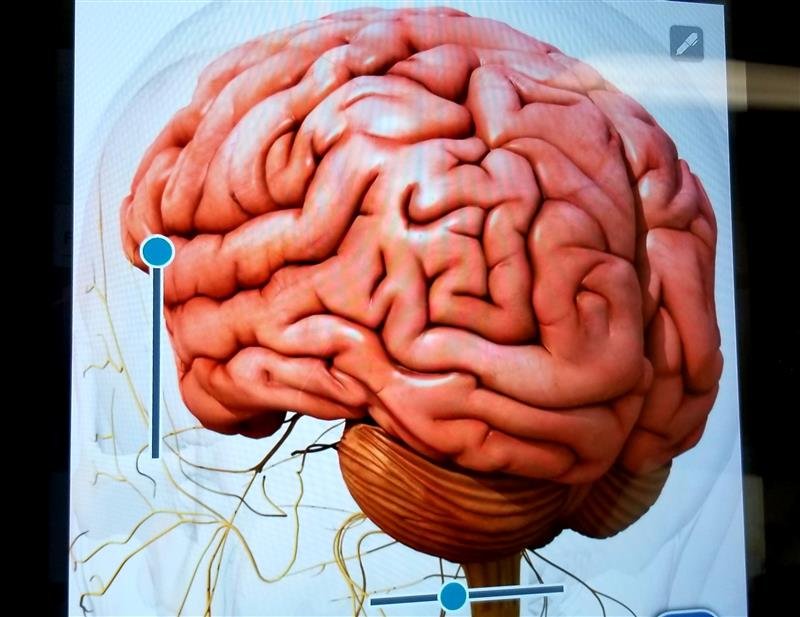Have you ever felt “butterflies in your stomach” before a stressful event or had digestive issues under pressure? These aren’t just figures of speech, they’re real indicators of the powerful connection between your gut and brain.
A growing body of research reveals how your gut health can significantly influence your mental well-being, including your mood, stress levels, and even depression. Let’s explore how this connection works and what you can do to support your gut and mind.
What Is the Gut-Brain Axis?
It is the two-way communication between your brain (central nervous system) and digestive system (enteric nervous system). This link is so strong that scientists often refer to the gut as the “second brain.” A visit to the best Gastroenterologist in Vadodara can help you better understand the link between your gut health and mental well-being and guide you toward effective treatment options.
Key Players in the Gut-Brain Connection:
- Vagus nerve – a major communication route between the brain and the gut
- Hormones help regulate digestion and mood
- Immune system signals – influence both inflammation and mental health
Amazingly, around 90% of serotonin, the neurotransmitter responsible for mood and happiness, is produced in the gut. Maintaining gut health is crucial for emotional balance.
How Gut Health Affects Your Mood
(IBS) Inflammatory Bowel Disease (IBD) frequently reports symptoms of anxiety and depression. Experts believe this may be due to inflammation, gut bacteria imbalance, or stress-related disruption of the gut-brain axis.
Mental and Emotional Symptoms of Poor Gut Health:
- Increased anxiety or stress levels
- Mood swings or symptoms of depression
- Brain fog or difficulty concentrating.
Gut-Friendly Lifestyle Tips:
- Eat more fiber: Fruits, vegetables, legumes, and whole grains.
- Add fermented foods: Yogurt, kefir, kimchi, and sauerkraut can help balance gut bacteria.
- Use probiotics/prebiotics: Only under a doctor’s guidance.
- Stay hydrated and active: Regular physical activity supports digestion.
- Manage stress: Try yoga, meditation, or mindfulness techniques.
When Should You See a Gastroenterologist?
If you’re dealing with persistent symptoms like bloating, gas, irregular bowel movements, or abdominal pain—especially when combined with stress or emotional changes, it’s time to consult a specialist. Your gut may be sending signals that your brain needs help, too.
Rebalance Your Health with Expert Care
Your digestive system does more than break down food—it plays a central role in your mood, focus, and energy levels. If you’re ready to take a holistic approach to your health, speaking with the best gastroenterologist in Vadodara could be a game-changing decision.
Conclusion
The connection between the gut and the brain is more than just a passing trend, as evidenced by the growing amount of scientific research demonstrating the intimate relationship between our mental health and the state of our microbiome. . While we’re only beginning to understand the complex gut-brain relationship fully, the evidence suggests that nurturing your gut through a balanced diet, probiotics, prebiotics, and a healthy lifestyle may positively impact your mood and mental well-being. In short, taking care of your gut isn’t just good for digestion — it might also be a key step toward a happier, healthier mind. If you’re dealing with persistent digestive issues or want expert guidance on optimizing your gut health, consulting the best Gastroenterologist in Vadodara could be a valuable step. A specialist can help you understand your unique gut health needs and support both your physical and emotional wellness.

